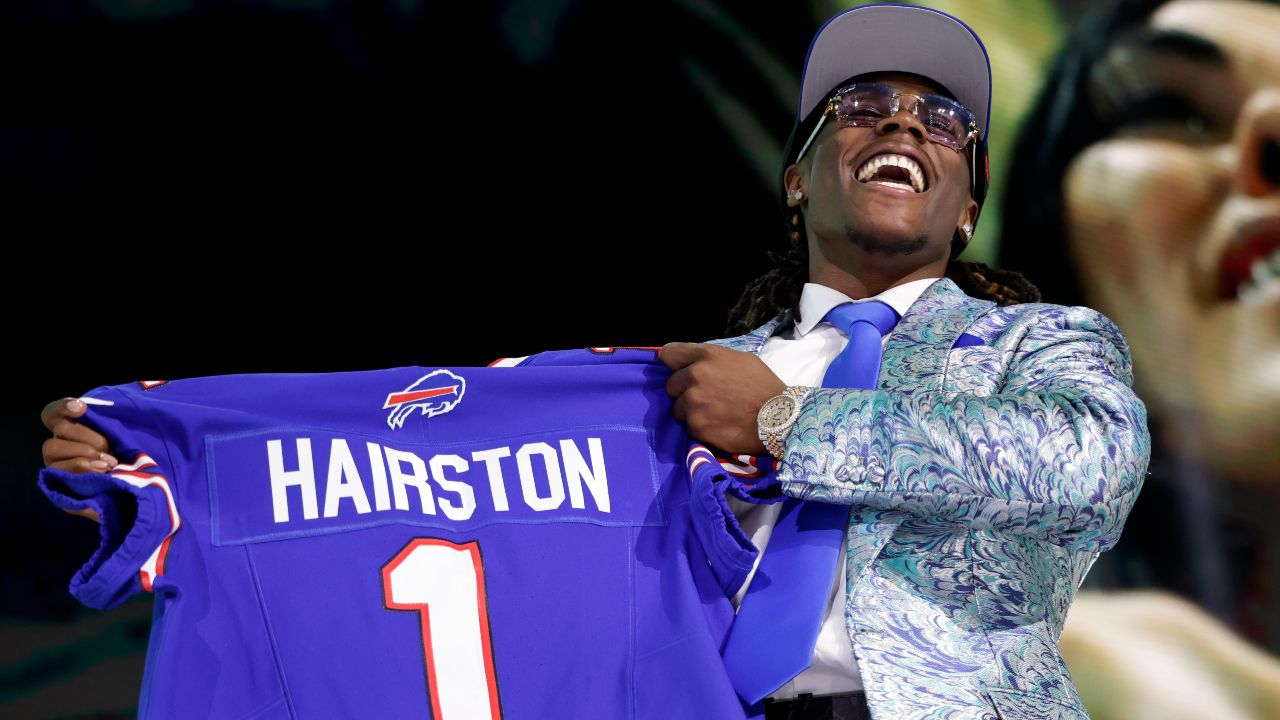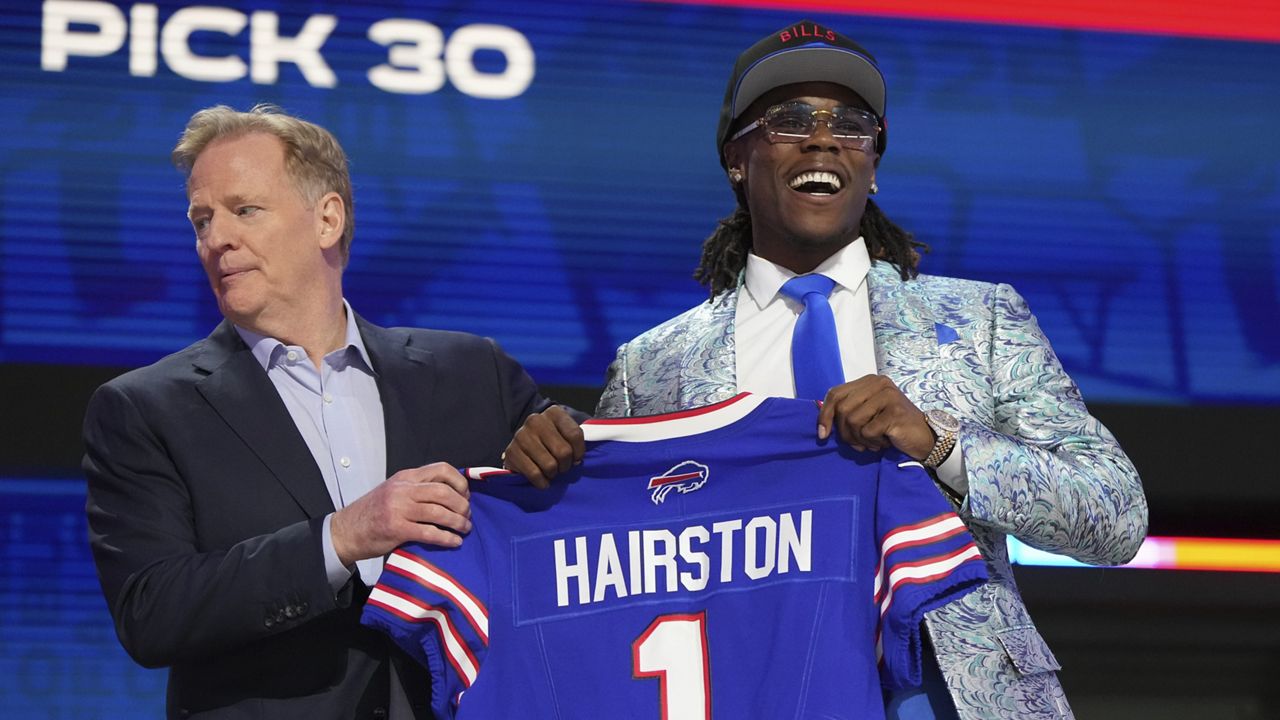HAMBURG, N.Y. — It‘s been a big Buffalo baseball season this year. Fans could watch Major League Baseball in the Queen City in-person for the first time in more than a century and the Bisons returned home.
It’s been a season for the history books. Speaking of history, did you know one of the greatest African American baseball players of the early 20th century was laid to rest in Hamburg? The answer is likely no, but Howard Henry, a Buffalo baseball historian, is going to change that.
Henry makes his way through a tunnel of fall foliage at Hamburg’s Lakeside Cemetery. He’s not here to visit a loved one, he’s here to visit a baseball legend forgotten for 51 years.
“Located 100 feet directly behind this plaque,” Henry pointed.
That is where Grant “Home Run” Johnson is buried. A search on Babe Ruth turned out to be a homerun for Henry.
“In 1920, [Ruth] played with a team called The Polish Nationals,” Henry recounted. “They played against Mr. Johnson’s African American team, “The Pittsburgh Colored Stars.”
Henry quickly realized, Johnson was a big deal.
“In my estimation, [he] belongs in the Baseball Hall of Fame,” Henry said.
Johnson’s stats are as follows: The Ohio native started his career as a shortstop with the integrated semi-pro team Findlay Sluggers. It’s also where got his nickname, “Home Run.” He hit 60 home runs in 112 games.
In 1895, baseball was segregated. Johnson moved to Michigan and helped form the Page Fence Giants. Over the years, he made his way to NYC, then Philadelphia, even Cuba, picking up championships and breaking records along the way.
In 1915, Johnson moved to Buffalo and helped form the Pittsburg Colored Stars of Buffalo. In 1917, Henry says Johnson made history playing in the first integrated game here. He picked up another nickname, “Dad,” as he helped young players reach their full potential.
At 61, Johnson was still making his way around the bases.
Henry says like himself, Johnson was a Baritone. He actually helped form the Buffalo Choral Society. Both have birthdays in September, too. But their similarities aren’t what captivated and implored Henry to learn more over the past two decades. It was their differences.
“This is about overcoming a mistake in baseball,” Henry said.
Henry says that also includes society. Johnson spent his remaining years at the Erie County Home for the blind. When he died, Henry says a funeral was held. But, since Johnson died a pauper, there was no coffin and no headstone. Then in 2014, after raising $1,500, Henry saw to it that a plaque and a grave marker were placed to honor the African American baseball great.
“He persevered in a way, where he functioned the best he could, based on the limitations he faced,” Henry said.
Persevering is just one lesson Henry hopes Johnson’s story can teach young baseball fans - and to value everybody.
Howard's push to get Johnson into the Buffalo Sports Hall of Fame and Baseball Hall of Fame are still ongoing. The holdup appears to be because Johnson predates the Negro League era. Johnson actually helped form the National Association of Colored Professional Clubs of the United States and Cuba. That predated the Negro National Leagues of the 1920s and 1930s.
Some of the men Johnson played alongside are now inducted into the Baseball Hall of Fame, so Howard is determined to keep going. He hopes someone sees this story and helps him with this effort.










